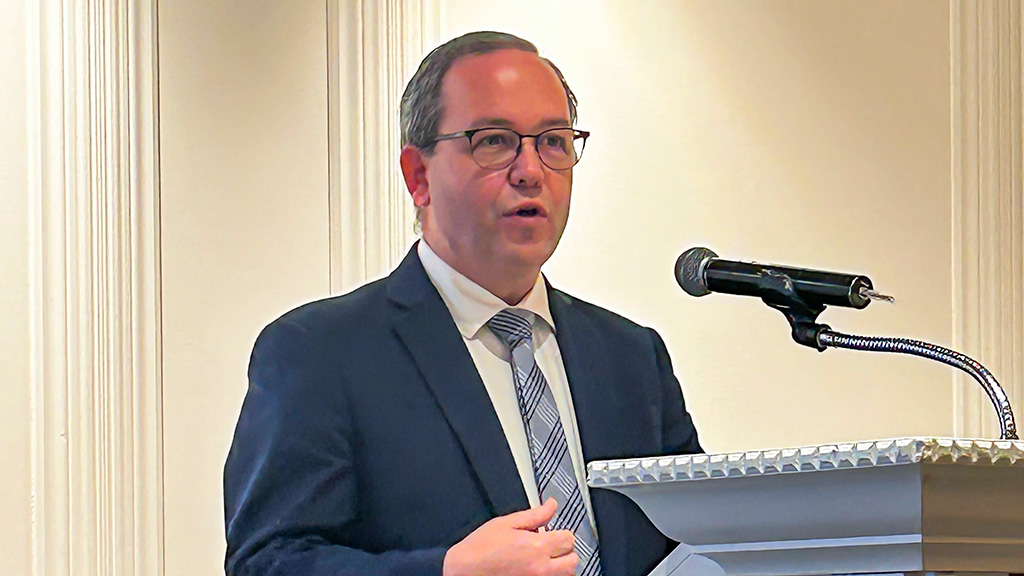The Ontario Construction Act will be undergoing a review.
The announcement was made by Ontario Attorney General Doug Downey, who made an appearance during the Toronto Construction Association’s (TCA) AGM and Best of the Best Awards in Richmond Hill Feb. 27. “In the spirit of the 2016 report which led to the modernization of the Ontario Construction Act, I’m announcing here that the government is now embarking on a targeted two-phased review process of that statute,” Downey said. “Phase one will prioritize possible improvements to the Construction Act and phase two will include a consultation with stakeholders on any proposed amendments. We hope to have both phases completed by the fall of 2024. I am asking for your help through that to make sure that we can continue to figure out the changes that we need to do and I still have landing time to make it happen so that it doesn’t get caught up in some future election so that we can keep the market moving.
“We really want your input. We are listening. We want to get this right.”
Duncan Glaholt will be conducting the review.
“I have some confidence in my understanding of that area but I’ve been out of practice for a bit. I’m not in the field as it were, so I turned to an expert for some help,” Downey said. “We intend to bring on Duncan Glaholt, one of Canadas top construction lawyers, to act as an independent reviewer and adviser. As a leading independent arbitrator, Mr. Glaholt does an exceptional job serving the construction and infrastructure industries.”
Changes were made to Ontario Construction Act, but more are on the way
The Construction Act, Downey said, is an important piece of legislation governing how payments are made in the construction industry and provides reasonable certainty that those who have contributed services and materials to improve property will get their contribution.
He said changes were made to the act recently, but stakeholders are recommending changes in other parts of the act as well.
“The changes were a combination of significant consultation with the sector which led to the development of a report in 2016 containing 100 recommendations,” Downey explained. “This was done in 2016, but the report wasn’t meant to languish. We had to make sure that we harnessed all of the good will and all the good ideas and so we kept moving. The amendments modernized the construction lien and holdback rules, establishing prompt payment requirements which your workers and businesses get paid for the work that they do. The amendments also created an adjudication scheme to ensure payment disputes are resolved quickly and fairly.”
Growing pains were inevitable
With so many changes in recent years, it’s inevitable that there are growing pains, he added.
“We’ve heard some of that, lessons learned, lessons to be learned and areas that we need to fine tune and adjust,” Downey noted. “For example, issues arose related to the minimum bonding requirements for large non-public-private partnerships. Since 2018, the Ontario Construction Act has mandated surety bonding for public construction projects with a price of $500,000 or more while creating an exception for P3 projects. But we recognize the construction market has changed. It has shifted. More and more projects are being delivered in the province using non-P3s and we understand the level of bonding required for these non-P3 projects can threaten the effective timely delivery of priority non-P3 projects.
“So last year we made amendments to the Construction Act again that allowed the government to lower this minimum bonding requirement. This will protect the public and broader public sector infrastructure project owners, subcontractors, workers and suppliers by allowing the project to proceed smoothly and on time.”
The news was well received by those in the industry.
“We’re thrilled with the great news today and grateful that the Ministry of the Attorney General’s office is moving this forward,” said TCA president and CEO John Mollenhauer.
Follow the author on X/Twitter @DCN_Angela.




Recent Comments